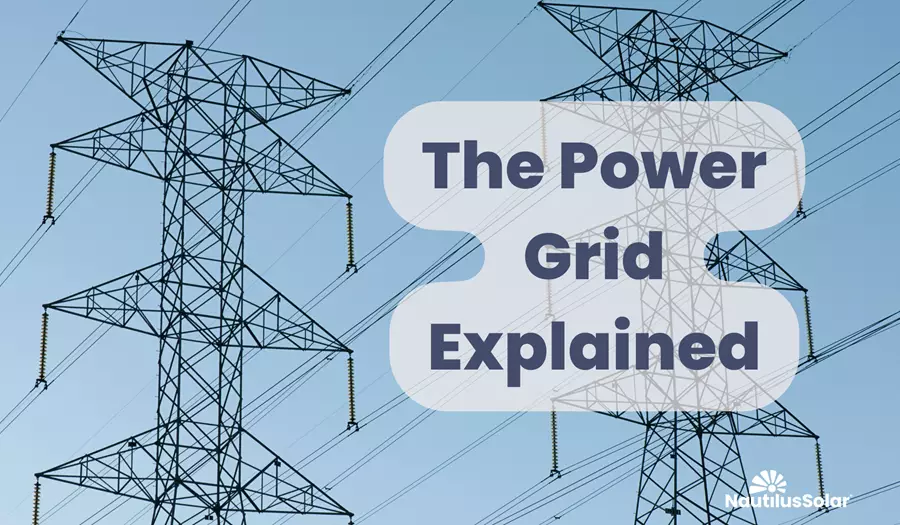Sources of Energy
Getting a grip on the choices a utility company makes when it comes to energy sources is a big part of understanding the ins and outs of the power grid. Energy companies tend to have a mixed bag of sources, pulling from fossil fuels, renewables, and natural gas based on what’s most economic and reliable. Let’s take a closer look at the variety they’re working with:
Coal: Coal is a fossil fuel. Burning coal produces energy. However, it also produces a significant amount of pollution.
Crude Oil: Crude oil is a fossil fuel. Burning crude oil to generate energy tends to come with severe levels of environmental effects. Exploring and drilling for oil can wreak havoc on both land and marine environments, including the wildlife that lives in those environments. Burning the oil can cause high carbon dioxide emissions.
Nuclear: Despite being a non-renewable resource, nuclear energy is favored for its low greenhouse gas emissions. However, it has certain environmental drawbacks, such as the need to mine for uranium.
Water: The hydroelectric power derived from water is a controversial choice, given its environmental impact despite its clean energy output. Hydroelectric power relies on building and maintaining dams, which can harm local environments (as well as the roads and buildings constructed to travel to and work in them).
Wind: A champion in the renewable sector, wind power is celebrated for its eco-friendliness and reliance on clean energy.
The Power Grid's Role in Energy Production
In the wide-ranging system that energy companies take care of, a few key pieces work hand in hand to keep the lights on around the clock:
Generators: Picture generator stations as the starting line where electricity providers kick things off, getting everything up to a high-voltage level to make distribution a breeze.
Power Lines: Imagine them as the highways where energy companies transport high-voltage energy to awaiting destinations, always adjusting to the ebb and flow of demand.
Transformers: These are the unsung heroes, stepping in before the finish line to tone down the high-voltage power to a user-friendly level, ensuring it's just right when it gets to you.
What About Solar Energy?
We’re glad you asked. Solar energy, specifically community solar, can have a much lower environmental impact than coal, crude oil, nuclear, water, or wind. Solar energy is a big contributor to having more renewable energy entering the grid and then being delivered to customers. Solar farms such as the ones Nautilus Solar runs have several significant environmental advantages:
Cut greenhouse gas emissions: Customers can help lower greenhouse gas emissions when they sign up to have a Nautilus Solar farm connected to their utility company’s power grid. Unlike traditional energy sources, community solar produces clean energy without releasing harmful emissions.
Reduce demands on the land: Solar farms don’t have nearly the impact on the land that mining operations do. What’s more, because solar farms don’t burn anything, community solar can prevent the burning of 8,415 pounds of coal annually.
By signing up for a community solar program, you champion a greener, more sustainable future, enhancing the grid's resilience and stability.
Interested in learning more about the benefits of using community solar through your local power grid to make it more resilient and stable, helping develop a greener, more sustainable future? Learn more about what you can personally achieve through community solar.


.png)

.png)